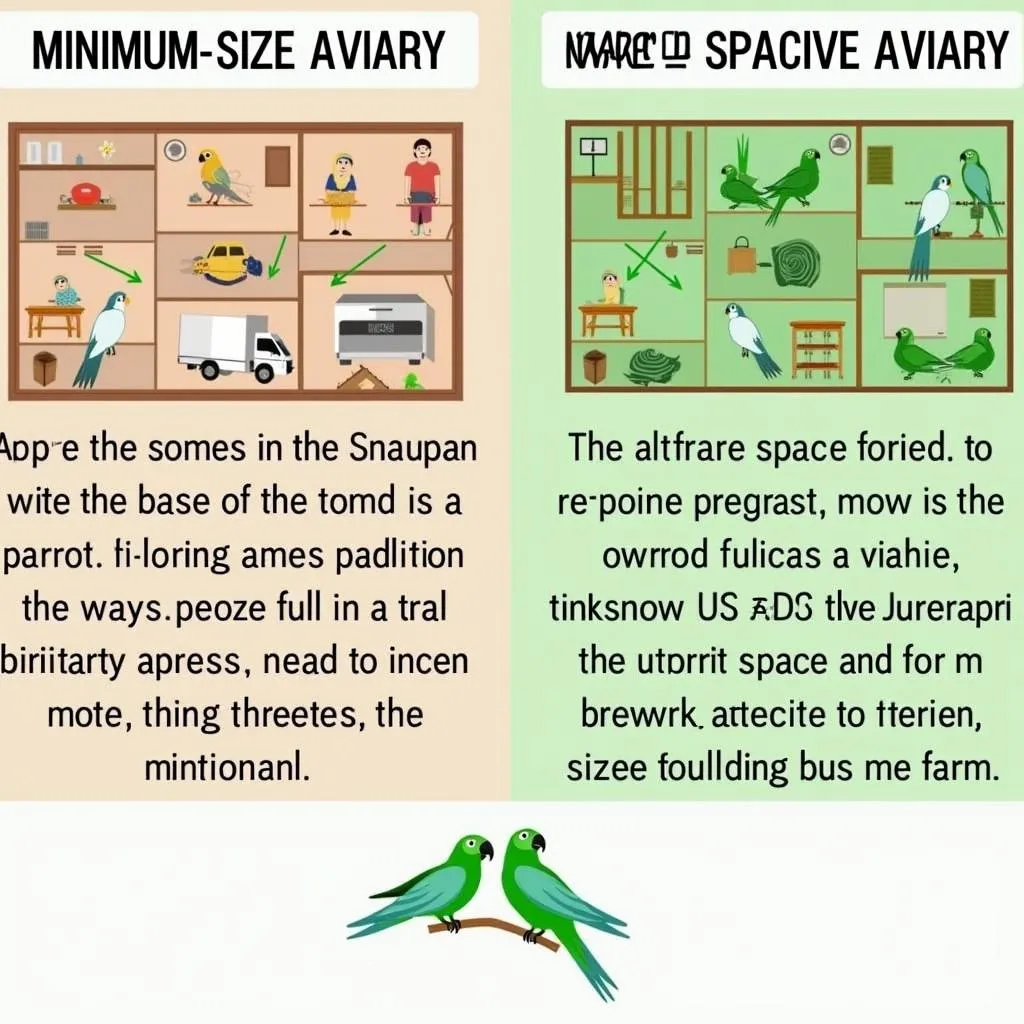African Helmeted Turtle Lifespan: A Comprehensive Guide
The African Helmeted Turtle Lifespan is a topic of much interest to turtle enthusiasts. These fascinating creatures, native to sub-Saharan Africa, are known for their unique appearance and hardy nature. Understanding their lifespan in captivity and in the wild is crucial for providing proper care and contributing to their conservation. Let’s delve into the world of these amazing turtles.
Understanding the African Helmeted Turtle
African helmeted turtles, also known as marsh terrapins, are a semi-aquatic species thriving in a variety of habitats. From savannahs and forests to rivers and swamps, these adaptable reptiles have carved their niche across the African continent. Their distinctive helmet-like carapace and serrated shell edges make them easily recognizable. These turtles are relatively small, with adults reaching an average size of 8-12 inches. They are primarily carnivorous, feeding on insects, fish, and other small aquatic animals.
African helmeted turtles are frequently kept as pets, and their popularity stems from their manageable size and relatively simple care requirements. However, potential owners need to understand their commitment, as the african helmeted turtle lifespan can be considerable.
 African Helmeted Turtle Basking on a Log
African Helmeted Turtle Basking on a Log
Factors Influencing African Helmeted Turtle Lifespan
Several factors play a significant role in determining the lifespan of an African helmeted turtle. In the wild, these turtles face threats like predation, habitat loss, and disease, which can significantly shorten their lifespan. Captive turtles, on the other hand, typically live longer due to the absence of these dangers and access to consistent care.
Diet plays a vital role in a turtle’s health and longevity. A balanced diet consisting of commercial turtle pellets, supplemented with live insects, worms, and leafy greens is crucial for captive turtles. In the wild, their diet is more varied and depends on the availability of prey in their specific habitat. The african turtle has a similar diet.
Water quality is another crucial aspect of an African helmeted turtle’s well-being. Clean, well-filtered water is essential to prevent infections and diseases. Regular water changes and proper filtration systems are vital for maintaining a healthy aquatic environment for these turtles.
African Helmeted Turtle Lifespan in Captivity vs. Wild
The average african helmeted turtle lifespan in captivity is significantly longer than in the wild. While wild turtles may live for 15-20 years, captive turtles, with proper care, can live for 30 years or even longer. This difference is primarily attributed to the controlled environment and access to consistent nutrition and veterinary care that captive turtles enjoy.
“Providing the right environment and diet is key to ensuring a long and healthy life for your African helmeted turtle,” says Dr. Amina Kenyatta, a renowned herpetologist specializing in African reptiles. “Regular veterinary checkups are also important for early detection and treatment of any potential health issues.”
How to Maximize Your African Helmeted Turtle’s Lifespan
If you’re considering owning an african helmeted turtle, understanding their specific needs is paramount. Providing a spacious enclosure with both a land area and a water area is crucial. The water should be deep enough for the turtle to swim comfortably and have a basking area where it can dry off and regulate its body temperature.
Maintaining proper temperature and humidity levels is also essential for their health. A UVB light is crucial for vitamin D synthesis, which is vital for calcium absorption and shell health. You can also learn more about the african aquatic sideneck turtle size to compare and contrast with the helmeted turtle. Knowing the differences can help understand care requirements better.
Conclusion
The african helmeted turtle lifespan is influenced by a combination of factors, including environment, diet, and access to proper care. While wild turtles face numerous challenges, captive turtles can live long and fulfilling lives with the right care. By understanding their needs and providing a suitable environment, you can ensure your African helmeted turtle thrives and enjoys a long and healthy life. Remember to consult with a veterinarian specializing in reptiles for specific advice on caring for your African helmeted turtle.
FAQ
-
What is the average lifespan of an African helmeted turtle?
- In the wild: 15-20 years. In captivity: 30+ years.
-
What do African helmeted turtles eat?
- Insects, worms, fish, and leafy greens.
-
How big do African helmeted turtles get?
- 8-12 inches.
-
What kind of enclosure do African helmeted turtles need?
- A spacious enclosure with both land and water areas, a basking area, and UVB lighting.
-
How can I maximize my African helmeted turtle’s lifespan?
- Provide a proper diet, clean water, a suitable environment, and regular veterinary care.
-
Is the african helmeted turtle tortoise the same as the african helmeted turtle?
- While both are reptiles, they are distinct species. Research african helmeted turtle tortoise for more specific information.
-
What are some common health problems in African helmeted turtles?
- Respiratory infections, shell rot, and metabolic bone disease.
Do you have any other questions? Explore our website for more articles on African wildlife and pet care.
Need support? Contact us 24/7:
Phone: +255768904061
Email: kaka.mag@gmail.com
Address: Mbarali DC Mawindi, Kangaga, Tanzania.





